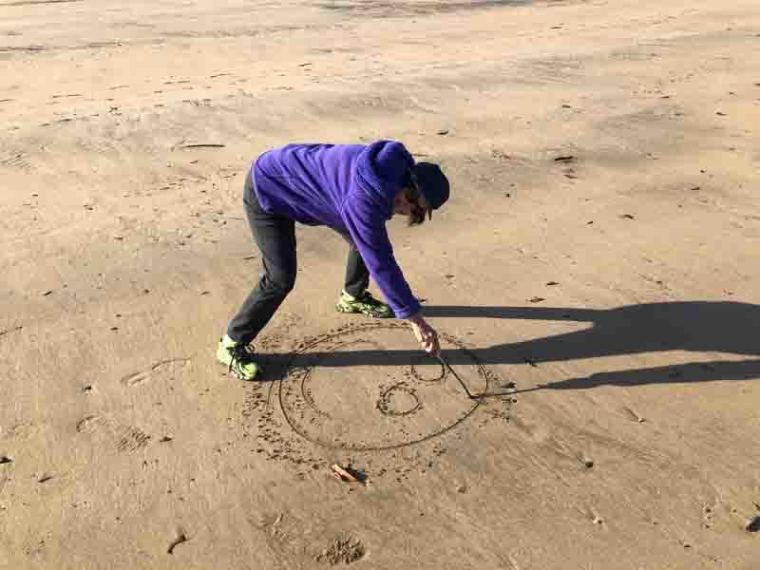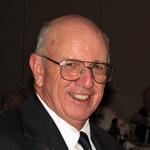
How many times have I heard those words, or rather, not heard them.
Yes, I have a hearing impairment.
Common to most people with a hearing loss, if I’m concentrating reading a newspaper, watching television or occupied in some other way, I often don’t hear someone speaking to me.
Frustrating?
The speaker may be even more frustrated than I am unless they’ve been able to get my attention in which case I usually hear and understand the conversation.
However, it can be lonely, in a room with family or friends with everyone talking and not being able to hear properly or comprehend.
Even after 51 years of marriage, my wife still often says, “But I told you.”
‘Jumping Jack’
In my case, the hearing loss, started more than 50 years ago when an explosion went off a little more than a metre from where I was sitting.
It was a US-made M14 ‘Jumping Jack’ mine which killed three and wounded 18.
The noise had come from my left and the damage was primarily on my left side so the hearing loss was in my left ear.
Rifle Fire
Many soldiers, especially those in infantry, suffer hearing loss in the left ear (or right ear if left-handed) from rifle fire. The noise of the bullet leaving the muzzle of the rifle is much louder in the ear closer to the noise.
In Australia we had excellent hearing protection but in a war situation, you want all the hearing you can have.
Hearing aids?
I now have aids which most people with hearing loss have, called BTE (behind the ear). They are the cheapest and most common aid to those with hearing impairment, they are what the government will allow pensioners and the Department of Veterans Affairs (DVA) allow their clients.
The cost if you need to pay for them – about $2,000.
Are they any good?
They certainly increase the volume of sound and when I first had mine, I heard my footsteps on the concrete pathway as I walked away from the hearing centre which came as a surprise.
So louder is good isn’t it?
It is, except speech is no clearer than previously, it often sounds like people are mumbling their words and I sometimes have to ‘cup’ my right ear to better understand.
There are much better hearing aids available but DVA won’t cover the price and the cost is beyond what I can afford, as it is for many older people.
Some time ago, my audiologist gave me a copy of the ‘Ten Commandments the hearing-impaired wish you knew’ and suggested I place it in a prominent position at home where family and visitors could see it.
It has had some impact so I’m pleased but away from home, most people don’t realise the paralysing and sometimes embarrassing effect deafness, hearing loss or tinnitus (ringing in the ears) has on a person. I’ve even heard people say deaf people are stupid, just because they don’t hear or understand a conversation.
Perhaps these ‘Commandments’ will help you understand better how to hold a conversation with people who suffer from hearing loss.
Ten Commandments the hearing-impaired wish you knew
I. Thou shalt not speak to the listener from another room.
II. Thou shalt not speak with your back toward the listener or while the listener’s back is toward you.
III. Thou shalt not speak as you walk away.
IV. Thou shalt not turn your face away from the listener while continuing to talk.
V. Thou shalt not speak while background noise (water running, radio or TV playing, people talking, etc.) is as loud or louder than your voice.
VI. Thou shalt not start to speak before getting the listener’s attention and while the listener is reading, engrossed in a TV program, or otherwise preoccupied.
VII. Thou shalt not speak while your face is hidden in shadow.
VIII. Thou shalt not obstruct a view of your mouth while speaking.
IX. Thou shalt not speak rapidly or by shouting.
X. hou Shalt be patient, supportive and loving when the listener appears to have difficulty comprehending what has been said.
Valerie Stroeder, www.levinehearing.com

John Skinner served as an infantry soldier in Vietnam then the Tasmanian Police before taking up the position of CEO of the Australian Rough Riders Association (professional rodeo based in Warwick Qld). Before retirement to his small farm, he was a photo-journalist for 25 years. He is married with 3 children and 7 grandchildren.